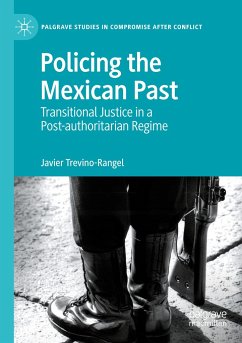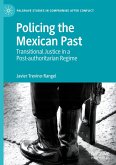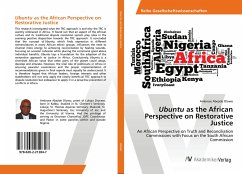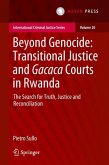This book critically examines transitional justice in Mexico. It explores how the Mexican democratic regime dealt with the grave human rights violations perpetrated by security forces during the authoritarian era (1929-2000) through a Special Prosecutor's Office. It offers a complete account of the diverse factors that facilitated the emergence (and policing) of Mexico's transitional justice process. Whilst transitional justice should contribute to the advancement of liberal democracy and, consequently, generate the following benefits: truth, justice, political reconciliation, peace, this book argues that Mexico is a case of transitional injustice. It is an example of how in some societies transitional justice mechanisms are intentionally implemented in ways that, instead of generating justice, produce impunity. It makes important contributions to some of the broader debates addressed by scholars on transitional justice and gives them reason to re-examine transitional justiceprocesses in other countries in a new light.
Bitte wählen Sie Ihr Anliegen aus.
Rechnungen
Retourenschein anfordern
Bestellstatus
Storno









